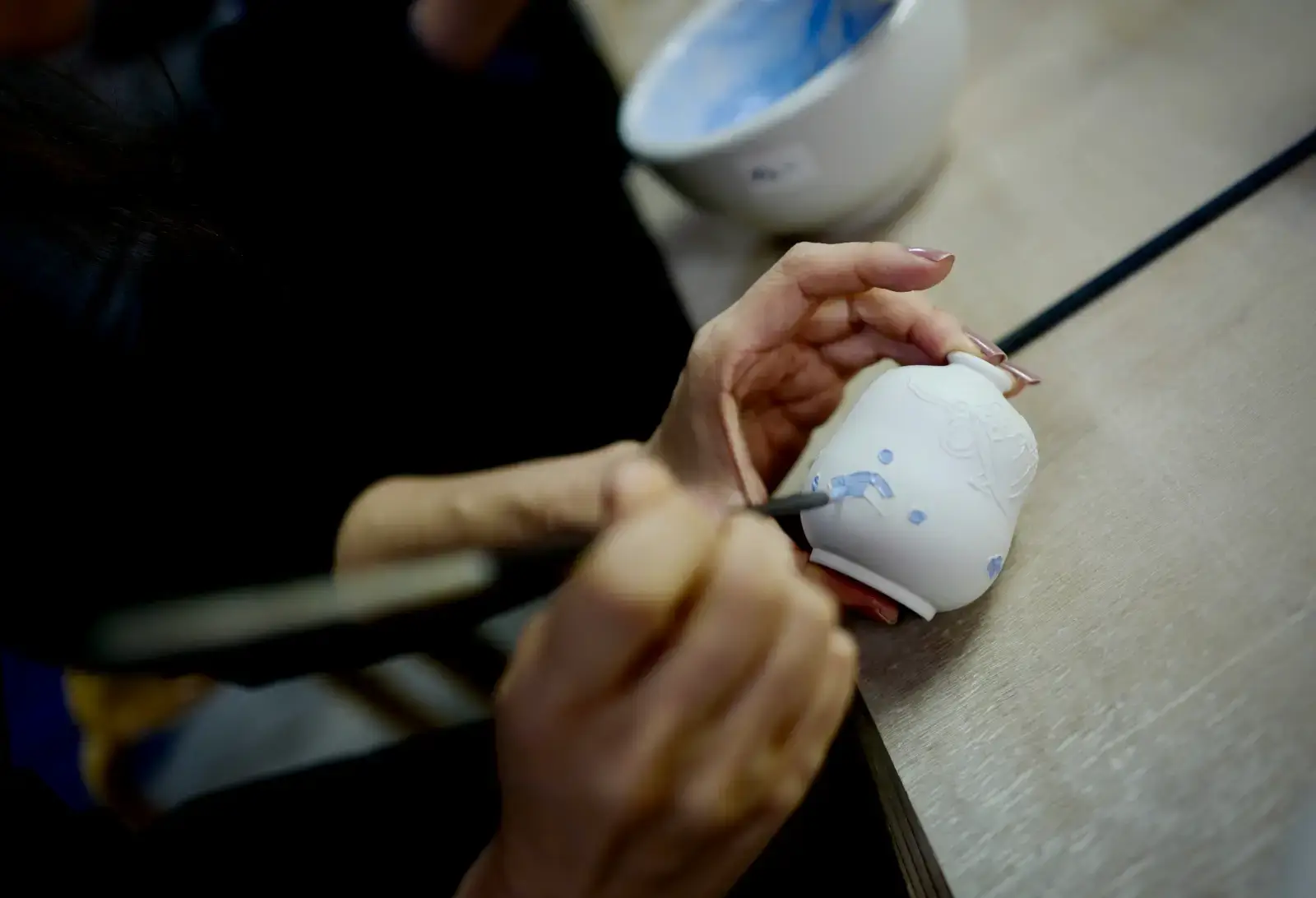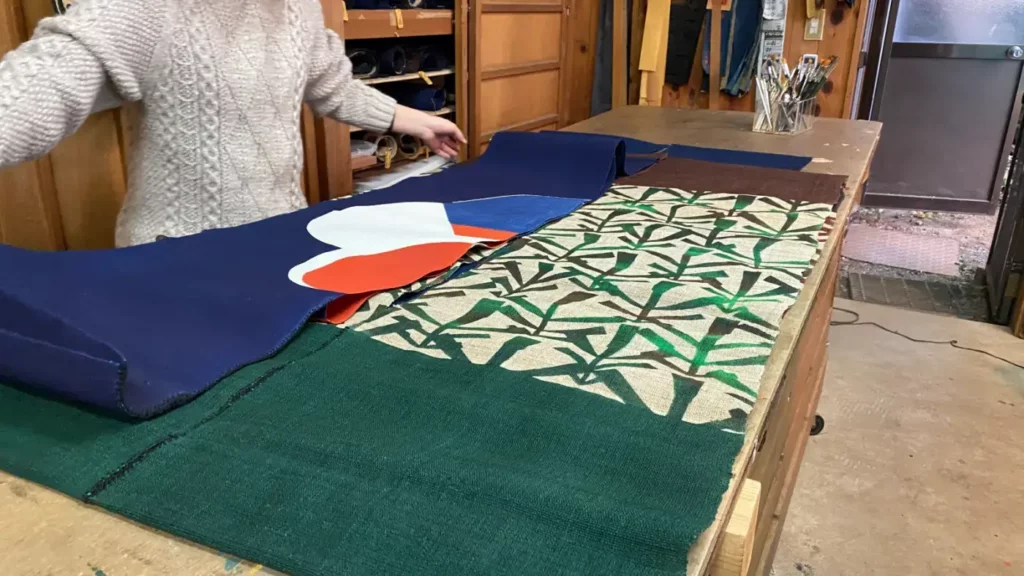Shokunin Philosophy: Mastery Above All
The Shokunin mindset prioritizes perfection in craftsmanship, with artisans dedicating their lives to honing their skills. While this results in exceptional products, it often overlooks essential business practices, such as marketing and infrastructure. In the Shokunin worldview, excellence alone is enough, and external validation is unnecessary. However, this mindset can be detrimental in today’s market, where a world-class product is only valuable if it reaches the right audience. Without attention to marketing and sales, the product risks being overlooked, leading to stagnation and lost opportunities.
The Downside of Perfectionism: Neglecting Modern Practices
The Shokunin mindset often overlooks critical aspects of modern business, such as marketing, sales, and work-life balance. Many artisans believe that the quality of their product is enough, but in today’s competitive market, promoting the product is essential for success. Ignoring marketing and digital platforms limits exposure, reducing opportunities to reach global markets. A digital presence is necessary, yet many Shokunin artisans continue to avoid embracing modern tools, relying on traditional methods that may no longer be effective.

Resistance to Change: A Barrier to Growth
Finding Balance: A Path to Sustainable Success
For instance, integrating marketing and sales strategies doesn’t diminish the value of the product; it amplifies its reach. Engaging with digital platforms—whether it’s through a website, social media, or e-commerce sites—can expand an artisan’s customer base exponentially. By doing so, artisans can preserve the integrity of their craft while making their products accessible to a broader audience. Additionally, adopting tools like customer relationship management (CRM) systems, email marketing, and data analysis can provide valuable insights into consumer behavior and business trends.
Equally important is incorporating work-life balance into the daily routine. The Shokunin philosophy, though admirable in its devotion to craftsmanship, risks sacrificing the very thing that fuels creativity: energy. By embracing healthier work habits and allowing time for rest and personal pursuits, artisans can avoid burnout and sustain their passion for their craft over the long term.
A Holistic Approach to Business and Art
By integrating these practices, artisans can enhance their reach without compromising their craft. Rather than remaining locked in a tradition that limits growth, it is possible to adapt while preserving the essence of what makes their work meaningful. In this way, the Shokunin mindset can evolve, not just to survive, but to thrive in an ever-changing world.

